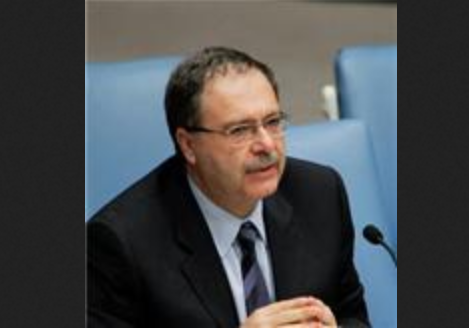6. However, any viable long-term strategy aimed at addressing this phenomenon and rooting out terrorism cannot be borne out of unilateral and external initiatives, nor can it be limited to military solutions. There should be an end to the violence inflicted on the civilian population of Benghazi. UNSMIL reiterates its condemnation of attacks against civilians, whoever are their perpetrators.
Mr. President,
7. In Tripoli, the crisis over the appointment of a new Prime Minister has accentuated since February the strong political polarisation in the country. Tensions have given way to intermittent clashes on the streets of the capital between rival brigades and other armed groups under the nominal control of the Libyan authorities. On May 18, armed groups forcibly entered the grounds of the General National Congress in order to prevent the Congress from pressing ahead with the election of a new Prime Minister.
8. Strong political disagreements over the functioning of institutions and their legitimacy has revealed mutual distrust among the main political protagonists. The radicalization of positions on both sides of the political divide were exacerbated further by accusations of seeking power by all means, and suspicion of growing external interference in favour of the adverse party.
Mr. President,
9. Notwithstanding the political and security crisis that has engulfed Libya, the constitutional process has made considerable progress since my briefing to the Council in March. On April 21st , the General National Congress convened the first session of the Constitutional Drafting Assembly (CDA) in al-Baida. Following an opening ceremony, the members elected their chair, deputy chair, and rapporteur, and adopted rules of procedure. The assembly is currently developing its committee structure, work plans, and public outreach plans. UNSMIL stands ready to provide technical assistance, at the request of the CDA, and continues its efforts to coordinate international support to the constitutional process.
10. In my last briefing, I described how boycotts and security problems disrupted the election of the Constitutional Drafting Assembly in February and left 13 seats unfilled. In the intervening period, eight of those seats were filled through additional rounds of polling. Efforts by the CDA itself are underway to secure that all areas of Libya and all “components”, as they like to call it in Libya, of the Libyan society are represented in the work of the assembly.





